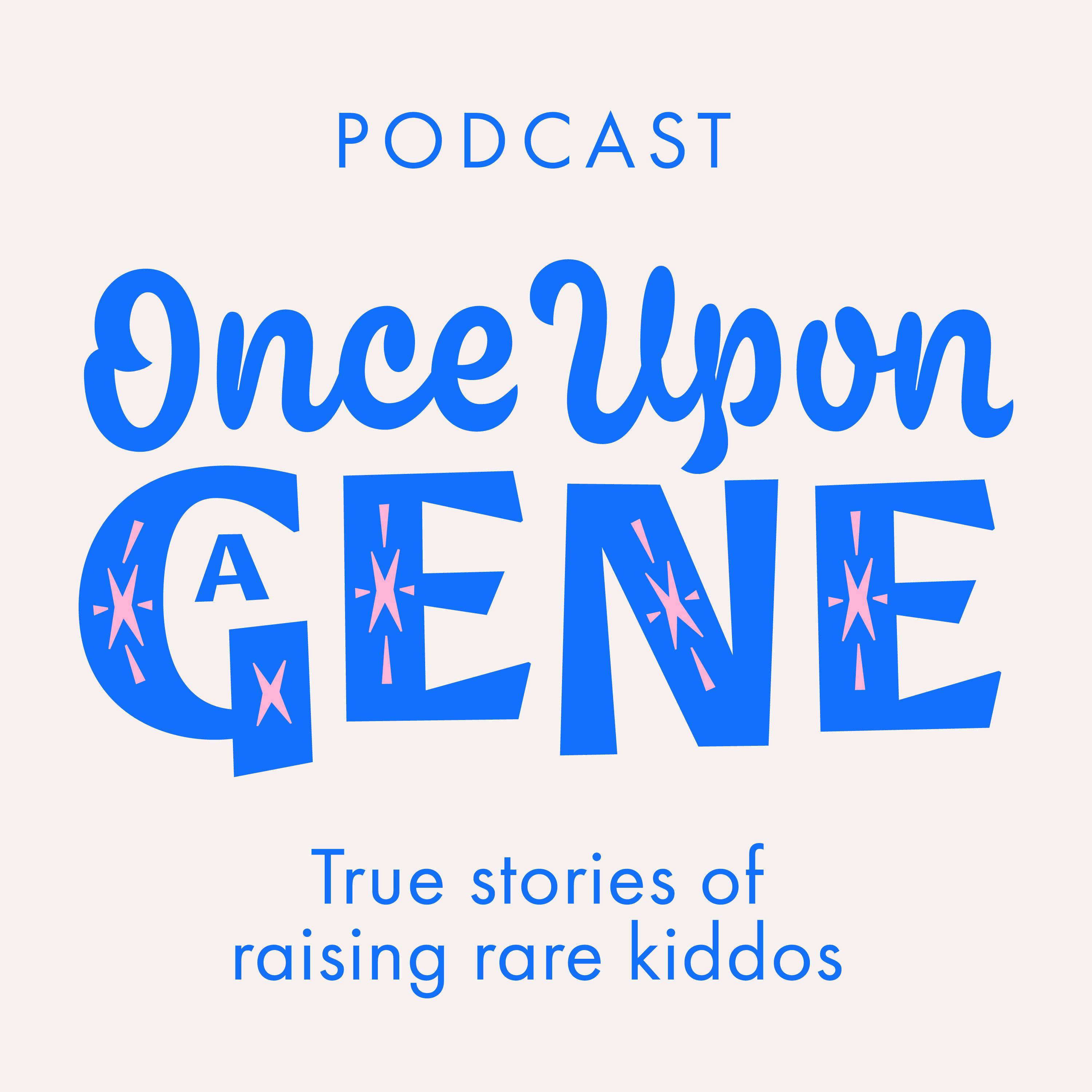- Culture
- SEE MORE
- classical
- general
- talk
- News
- Family
- Bürgerfunk
- pop
- Islam
- soul
- jazz
- Comedy
- humor
- wissenschaft
- opera
- baroque
- gesellschaft
- theater
- Local
- alternative
- electro
- rock
- rap
- lifestyle
- Music
- como
- RNE
- ballads
- greek
- Buddhism
- deportes
- christian
- Technology
- piano
- djs
- Dance
- dutch
- flamenco
- social
- hope
- christian rock
- academia
- afrique
- Business
- musique
- ελληνική-μουσική
- religion
- World radio
- Zarzuela
- travel
- World
- NFL
- media
- Art
- public
- Sports
- Gospel
- st.
- baptist
- Leisure
- Kids & Family
- musical
- club
- Health & Fitness
- True Crime
- Fiction
- children
- Society & Culture
- TV & Film
- gold
- kunst
- música
- gay
- Natural
- a
- francais
- bach
- economics
- kultur
- evangelical
- tech
- Opinion
- Government
- gaming
- College
- technik
- History
- Jesus
- Health
- movies
- radio
- services
- Church
- podcast
- Education
- international
- Transportation
- Other
- kids
- podcasts
- philadelphia
- Noticias
- love
- sport
- Salud
- film
- and
- 4chan
- Disco
- Stories
- fashion
- Arts
- interviews
- hardstyle
- entertainment
- humour
- medieval
- literature
- alma
- Cultura
- video
- TV
- Science
- en
Films and Fatherhood

b"ONCE UPON A GENE - EPISODE 015\\nFilms and Fatherhood\\nDaniel DeFabio is joining us today to share his experience and perspective as a father of a son with a rare disease called Menkes. Daniel is a contributing author to The Mighty and the Co-Founder of the Rare Disease Film Festival.\\xa0\\nEPISODE HIGHLIGHTS\\nTell us about your son Lucas.\\nThe good news is that he has just turned eleven years old. He was diagnosed with Menkes at age one and we've been dealing with this rare disease journey for ten years. It's unfortunate that had he been diagnosed immediately at birth, he could have had a very different outcome. He could have had almost a symptom free path. Menkes disease is an interesting example of how important early detection can be and that's one of the reasons I try to be so vocal and raise awareness. If you're treated in the first ten days of life, you can be spared almost all of the symptoms. Despite spending the first ten days of his life in NICU for a skull fracture that seemed unrelated at the time, Lucas wasn't diagnosed and treated. Menkes is so unknown, no one thought to look down that line of research, questioning and testing.\\xa0\\nWhat does diagnosing Menkes entail? Is it a simple blood test?\\nIt's pretty easy to spot Menkes if you know to look for it. Things like checking the hair under a microscope helps to discover twisted hair which is a strong indicator. A blood draw can tell you the copper levels are high. Ultimately, you want a genetic scan, but if you have these easier indications, the ATP7A gene can be examined further to reveal Menkes disease.\\nWhat is Menkes disease?\\nIf you have a mutation in the ATP7A gene, you don't create the protein that transports copper. Most of us do fine with the amount of copper in our diet and it's not a problem for most people. Too much copper leads to Wilson's disease and too little copper leads to Menkes disease. Copper is needed for developing the brain, your muscles and hair. Lucas has very low muscle tone. He can move his legs, arms, feet and hands a little bit, but not with any control. He can't sit unassisted even at the age of eleven.\\xa0\\n\\nWhat are some words of wisdom you'd share with a family at the beginning of their diagnosis journey?\\nThe hardest parts are at the beginning of the diagnosis. It gets easier with time. One thing that helps is when you find your people and that's probably going to be a Facebook group or even an in-person group. Seek out that community who will understand where your questions are coming from. While a community may not be a source of all the answers, it's a source of comfort and it's often more reliable than your doctor's answers.\\xa0\\xa0\\n\\nLINKS AND RESOURCES MENTIONED\\nThe Mighty\\xa0\\nRare Disease Film Festival\\nMenkes Foundation\\xa0\\nEveryLife Foundation\\xa0\\nGlobal Genes\\nMenkes Disease: Finding Help and Hope\\n How Parenting a Dying Child Has Changed All My Expectations\\n Menkes Foundation Australia\\xa0\\n Finn\\xa0\\nOur Curse\\xa0\\xa0\\nRare in Common\\xa0\\nDaniel\\u2019s Blog\\n\\nTUNE INTO THE ONCE UPON A GENE PODCAST\\nSpotify\\n Apple Podcasts\\nStitcher\\n Overcast\\n\\nCONNECT WITH EFFIE PARKS\\nWebsite\\nTwitter\\n Instagram"